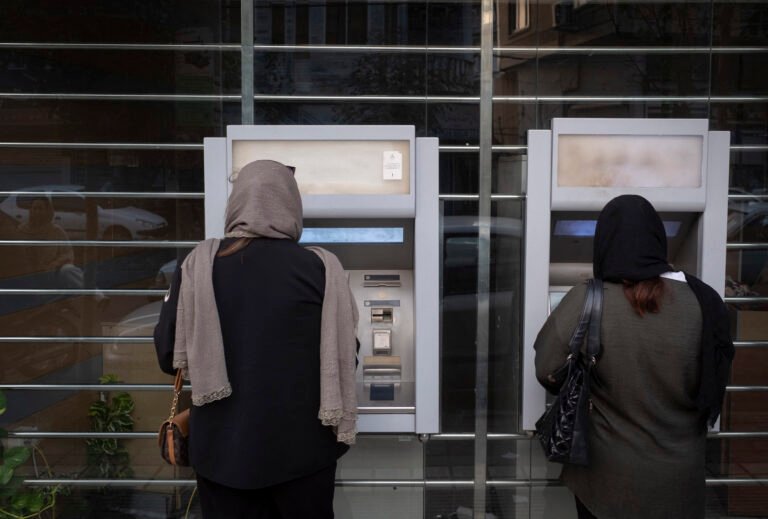Dubai, United Arab Emirates – A set of UN sanctions on Iran were reimposed at dawn on Sunday.
This is against the backdrop of its nuclear program, which was previously lifted under the 2015 agreement.
Sanctions were imposed again after Britain, France and Germany – known as the Troika countries – activated the “trigger mechanism” included in the agreement.
Tehran was accused of not fulfilling its obligations.
Key facts about the Snapback mechanism:
What are the target sectors?
The sanctions target companies, organizations and individuals who contribute directly or indirectly to Iran’s nuclear program or the development of its ballistic missiles.
Providing equipment, expertise or funding is a justification for imposing sanctions.
A large part of the economy was affected
The sanctions include a ban on conventional weapons while preventing any sale or transfer of weapons to Iran.
Under sanctions, imports and exports, or the transfer of components or technology related to its nuclear and ballistic programs, are prohibited.
The assets of entities and individuals abroad belonging to Iranian figures or groups linked to the nuclear program are also frozen.
Persons classified as participants in prohibited nuclear activities are also prohibited from traveling to United Nations member states.
UN member states will also have to restrict access to banking and financial facilities. These could assist Iran’s nuclear and ballistic missile programs.
The assets of anyone who violates the sanctions regime around the world are also frozen.
European sanctions too
Separate sanctions set by the European Union could now be reimposed alongside international ones.
The aim of the sanctions is to strike the Iranian economy. This is intended not only to obstruct nuclear activity but also to pressure Tehran financially to force it to comply.
Western countries fear that Iran may possess nuclear weapons.
This is something Tehran strongly denies, while defending its right to develop a nuclear program for civilian purposes.
The United States has previously reimposed its own sanctions on Iran.
Including banning other countries from buying Tehran’s oil, after President Donald Trump withdrew from the nuclear agreement in his first term.
How is the “SNAPBACK” applied?
This mechanism reactivates UN resolutions. However, its practical implementation requires UN member states to update their laws to comply with them.
It will be up to the European Union and Britain to decide whether to pass the legislation. This is required so that sanctions can be applied.
But neither party provided details about this process.
Will countries abide by the sanctions?
Security Council resolutions and associated sanctions are binding, but they are often violated.
The bigger question remains whether countries like China and Russia, which consider activating the “trigger mechanism” illegal, will decide not to comply.
Some countries, including China, continued to trade with Iran despite US sanctions.
European powers expect Russia not to comply with the sanctions. However, the reaction of Beijing, which imports a large amount of oil from Iran, is unclear.
“There is a price to pay for circumventing sanctions, a political price, but also a financial and economic price, given that financial transactions have become more expensive,” said Clement Terme, a researcher at the International Institute for Iranian Studies, affiliated with Sorbonne University.
Shipping companies are among the businesses that will be greatly affected.
“As for UN sanctions, we will likely not see a complete blockade, but rather a rise in costs,” Term said.
















